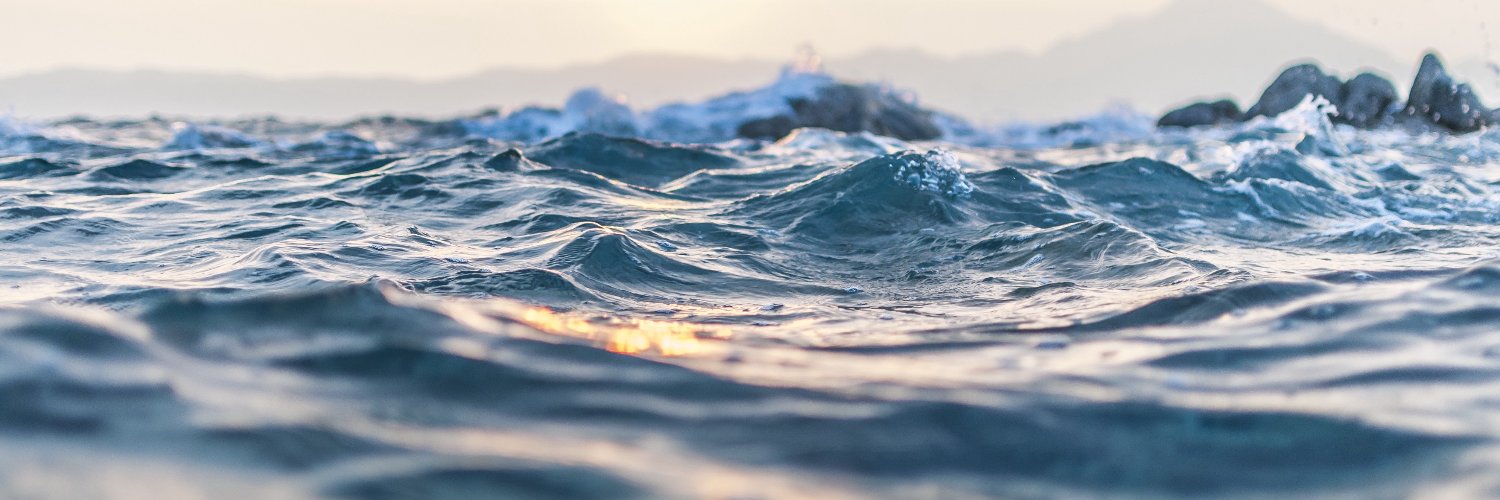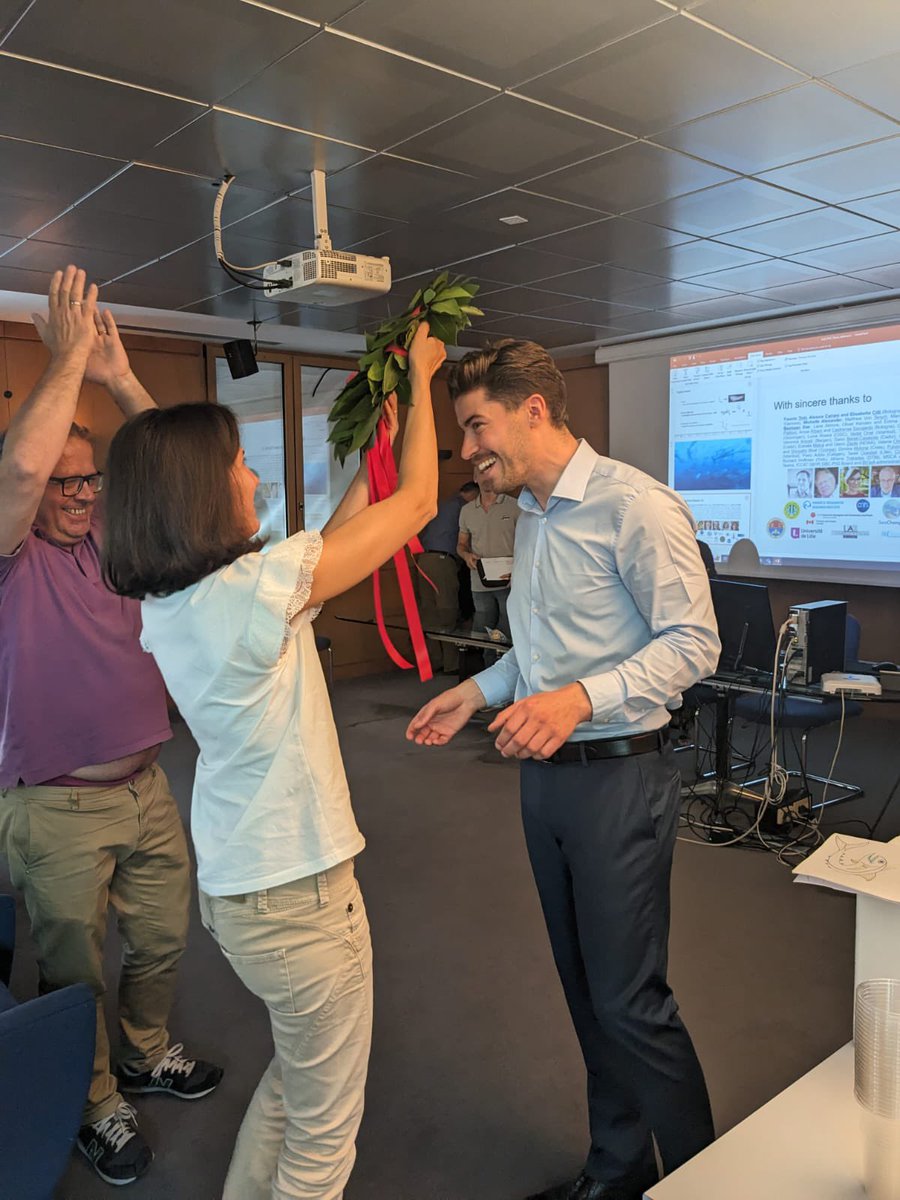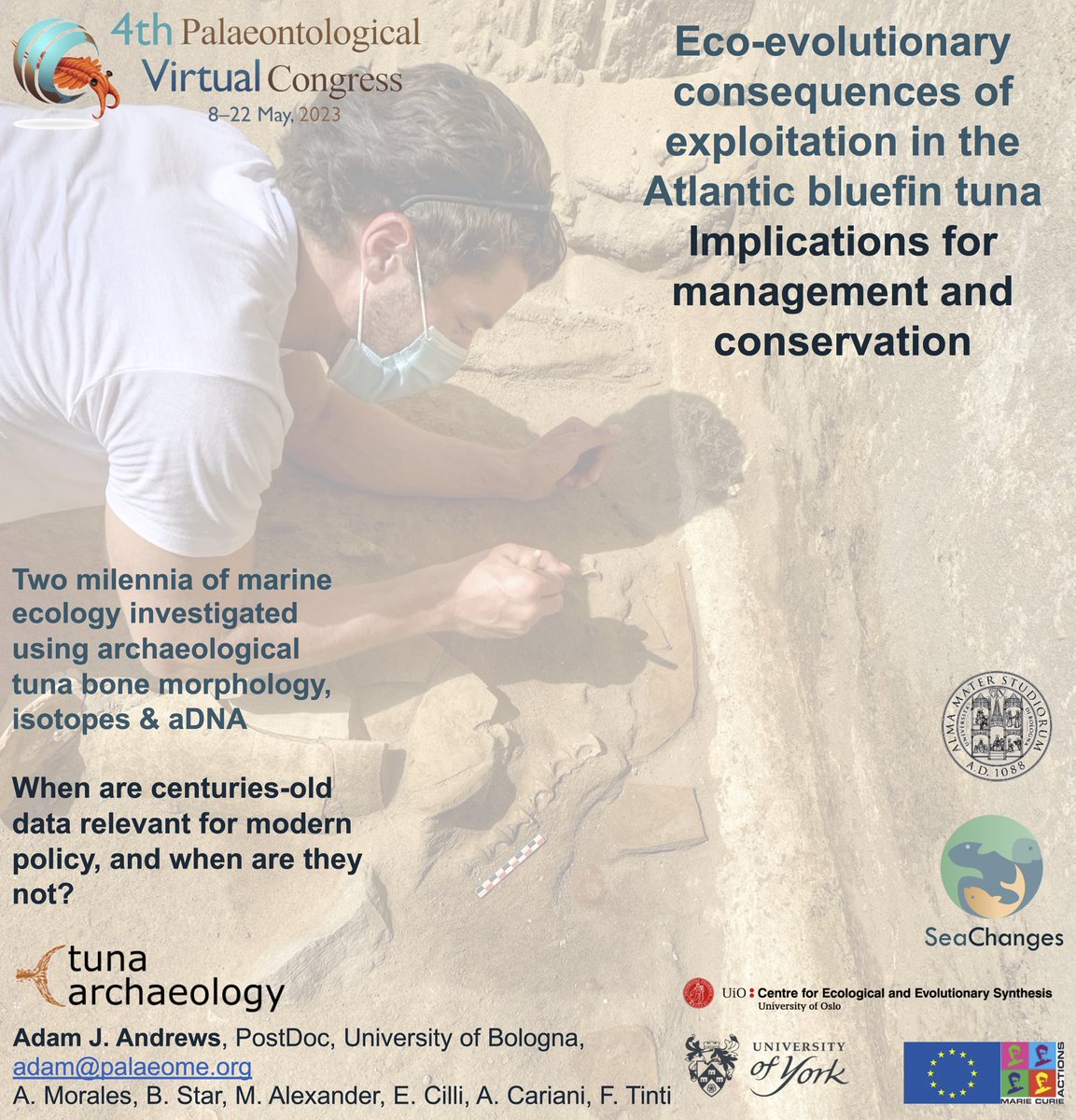
Adam J. Andrews
@AdamJonAndrews
Marine ecologist, offshore wind farm impacts and habitat restoration. Researcher at @NIVAforskning
We found clawed lobsters exhibit greater differentiation than spinys, both rangewide & within basins, and show that the hydrographic & topographic barriers separating the Atlantic from the Mediterranean form the strongest genetic break in both species. 🦞
We whole genome sequenced ancient and modern Bluefin tuna and find evidence for a demographic decline beginning around the year 1900, and a loss of genetic diversity. Collab between @Unibo @archaeogenomics and many fantastic ecologists and archaeologists pnas.org/doi/10.1073/pn…
Using stable isotope analyses of archaeological bones, we find Atlantic bluefin tuna have become more pelagic in recent centuries and lost a Black Sea trophic niche by the 1980s—likely due to exploitation. Great collab with @York_BioArCh and @MMAlexande doi.org/10.1111/faf.12…
I’m so pleased to share our new paper, which came out yesterday in @PNASNews pnas.org/doi/10.1073/pn…
🧬🐟Here is our preprint "Unidirectional trans-Atlantic gene flow and a mixed spawning area shape the genetic connectivity of Atlantic bluefin tuna" @ICES_ASC @planettunaIEO @FAOfish #ICCAT. We show that: doi.org/10.22541/au.16…
PhD cum laude ✅ Thankful for a great few years in Bologna and delighted to announce I will begin a permanent research position @NIVAforskning in Oslo 🇳🇴 in September 🥳 Excited to work on ecosystem consequences of offshore wind and contribute towards the green transition 🌍



Hello @AdamJonAndrews ! You are our 300th follower 🥳 - welcome to #SeaBeeNorway! Make sure you head over to seabee.no to check out the latest developments in the SeaBee Research Infrastructure 😃 #drones #datacollection #CloudComputing
Very nice multi-disciplinary summer school on human impacts organized by Canan @ZooArchGIA and others
Only a few days left before the May 15 deadline to apply for the summer school Anthropocene: how humans shaped the earth. @UGsummerschools We've got an excellent line-up of speakers and discussants. Groningen and Wadden Sea! Here we come! rug.nl/education/summ…
Studying 2,242 pops worldwide from 369 species, we show that recent disturbance regimes do not predict resilience potential. @Ecology_Letters paper led by @I_CAN_actually, w @PolCapdevila90 & @MariaBeger. Layman's summary: biology.ox.ac.uk/article/resili… @OxfordBiology @PembrokeOxford
Pleasure to be a part of the @palaeovc which is kicking off today… Presenting on my PhD findings, how historical ecology has value for policy, and also the challenges of making these data relevant. Thanks to the organisers and to a good friend @PAbondio

how i feel when my paper gets 1 citation #Coronation
A 100 yr dataset of trophy saws from #Queensland sheds light on species composition changes, as well as the ongoing impacts of different #fisheries on #sawfish species. bit.ly/esr_50_133 @SharksAndRaysAU
Delighted to have our recent article selected as #EditorsChoice in @ICES_ASC 💪🏻💪🏻
✍️ Authors of the latest #EditorsChoice studied archaeological, archived, and modern vertebrae to reconstruct the historical catch-at-size and early-life growth of #Atlantic #bluefinTuna ➡️ ices.dk/news-and-event… 📚 Read the paper ➡️ doi.org/10.1093/icesjm… @AdamJonAndrews